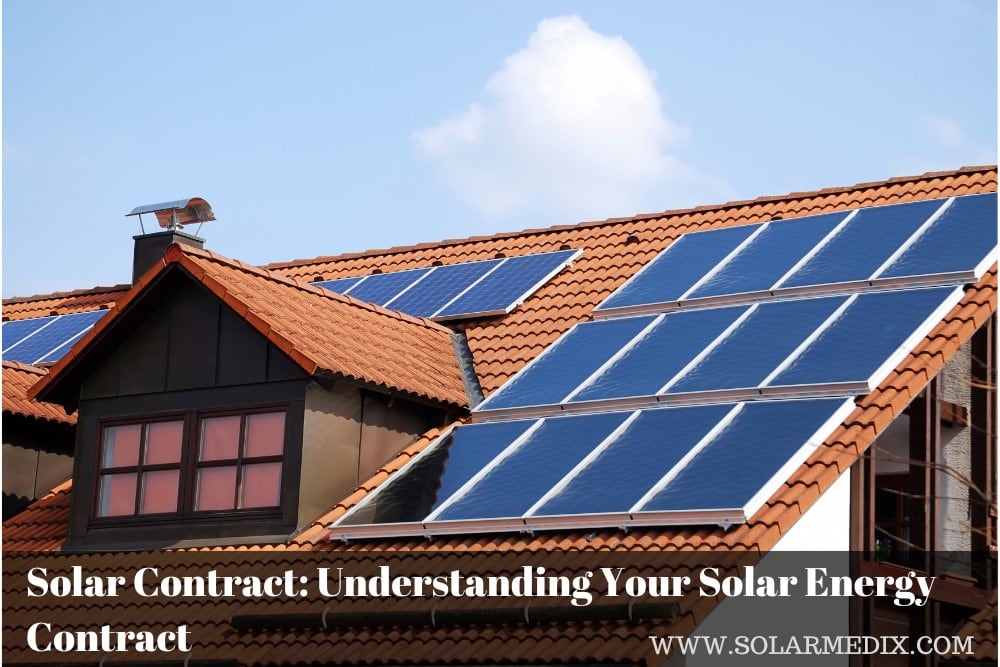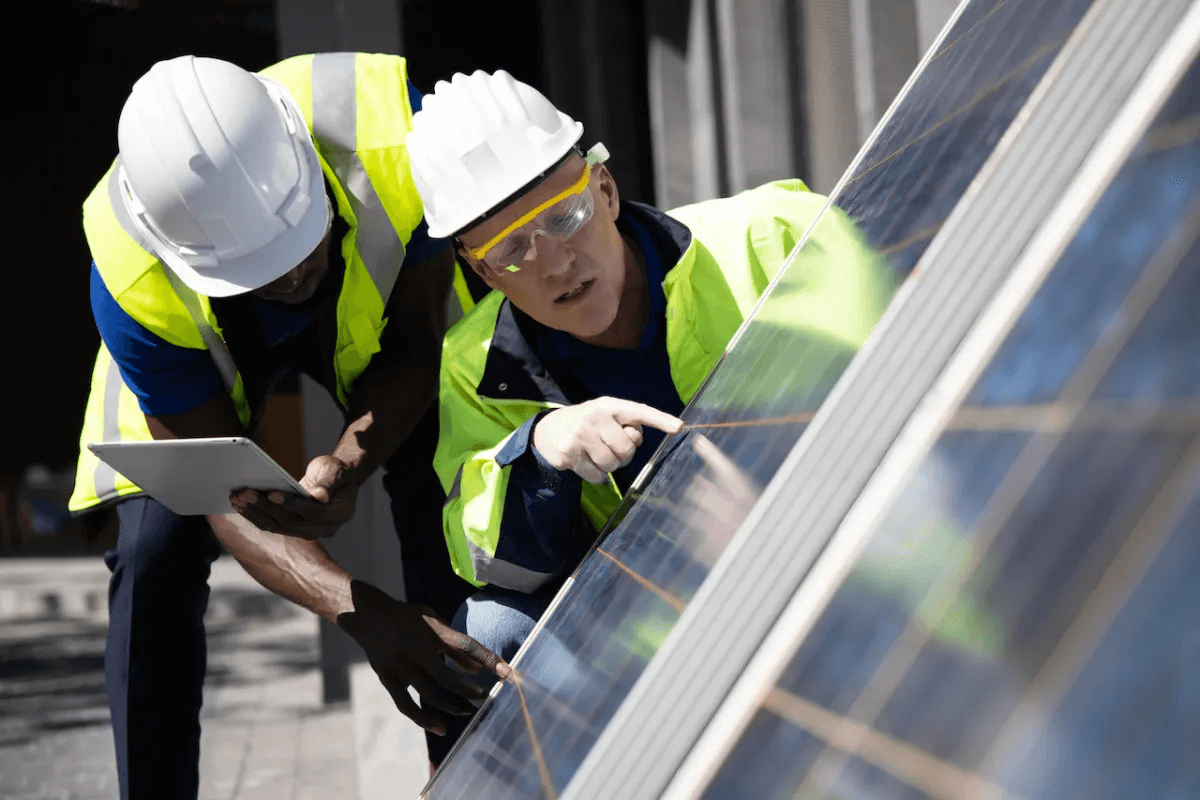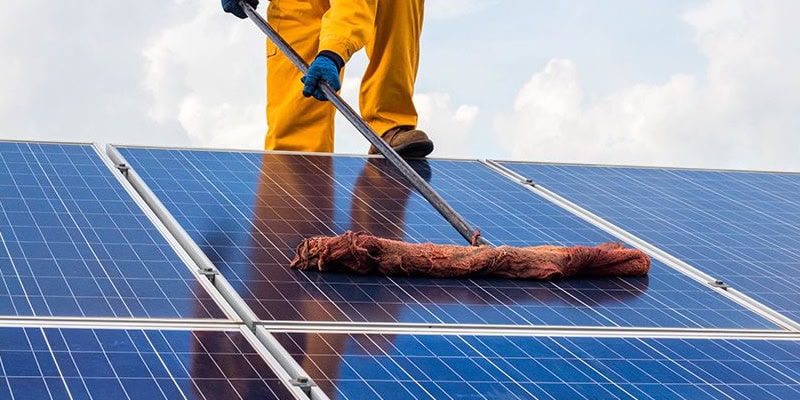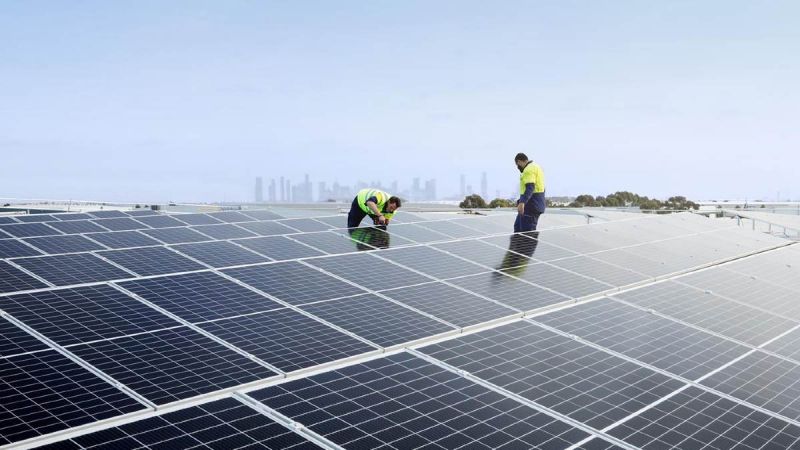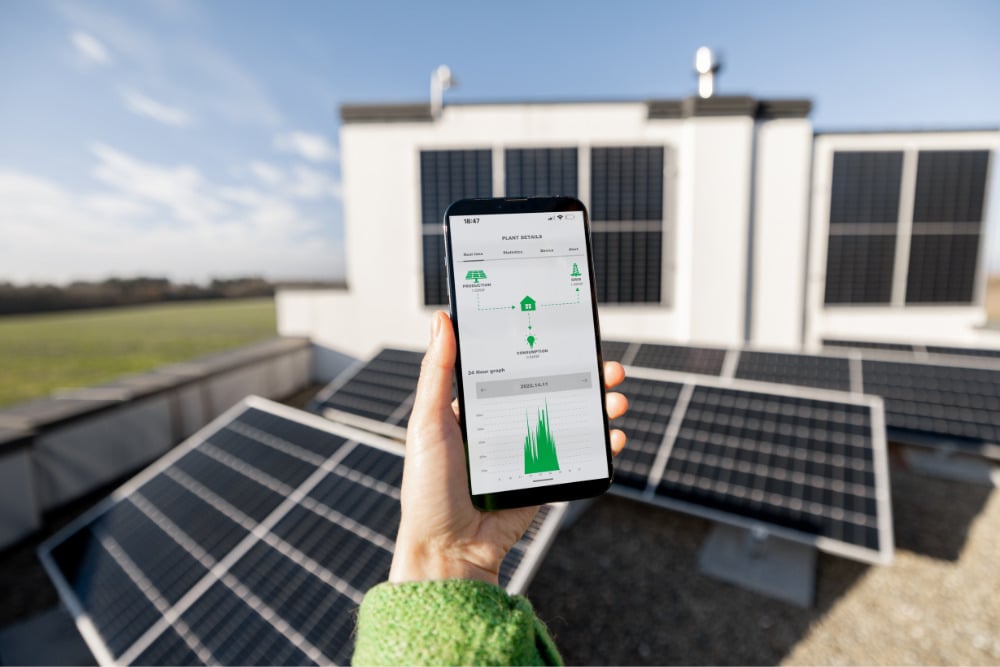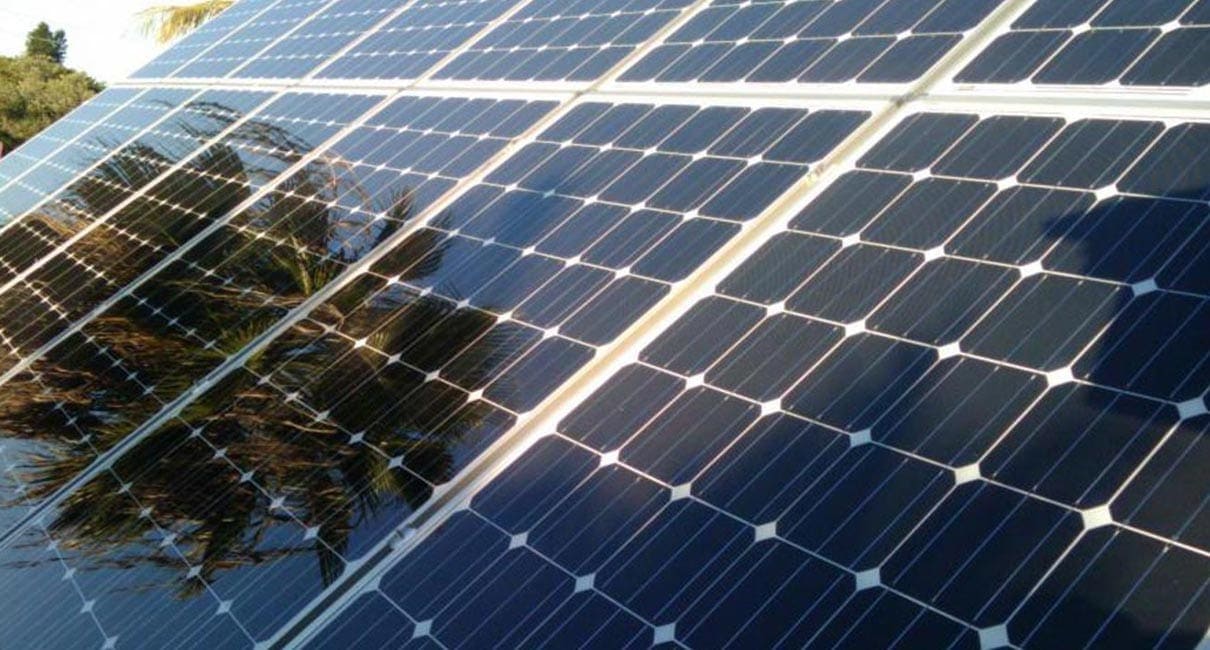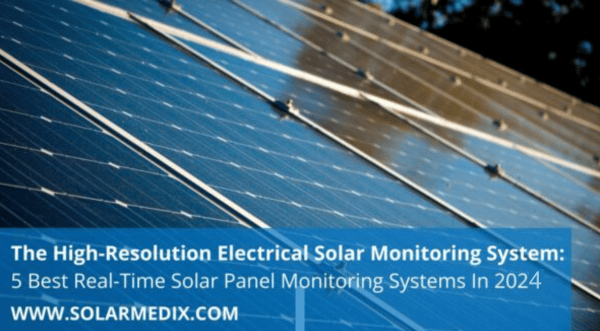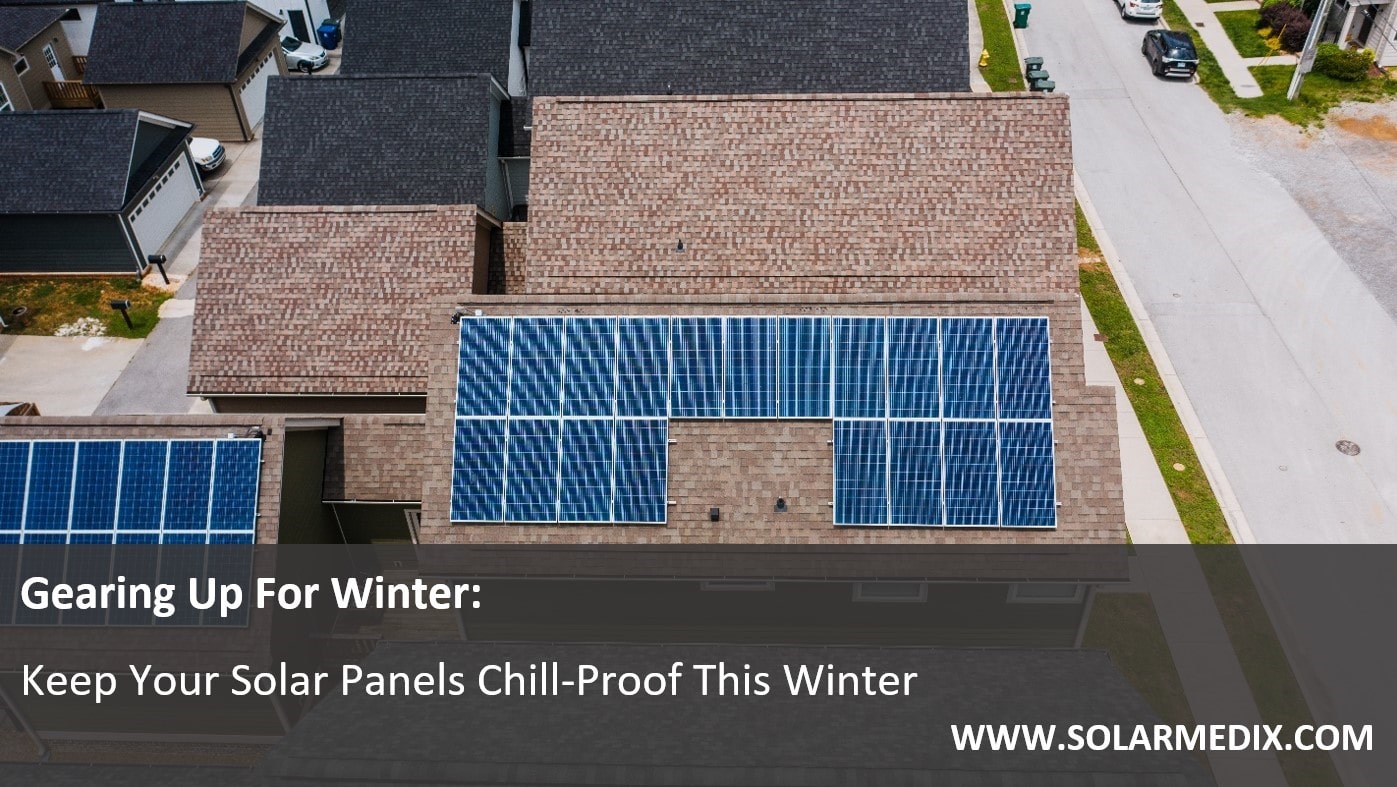Home solar contracts are usually replete with confusing terminology, jargon, and specifics that the average American homeowner will not be familiar with, much like other contracts. Having a solid understanding of each aspect of the contract and what it means is crucial since a solar energy contract is made to safeguard both you and your solar provider.
Therefore, it is recommended to enlist the help of a reputable solar maintenance service such as Solar Medix to review your contract before you sign it and ensure you don’t get trapped in an unfavorable deal. This article will explain all the fundamentals of a solar contract you should be familiar with before signing a solar energy contract.
A solar contract is a written agreement between you and your solar provider that outlines each and every detail of the installation process of your solar panel system. This includes all the stages that come prior to the actual installation as well as what happens during, and after the installation.
Depending on how you plan to pay for the installation of your solar panels, the details of your solar contract can vary from that of others. Homeowners who are leasing their solar system or signing a solar power purchase agreement will be presented with something different from those who pay for their panels with a solar loan or cash upfront.
Analyzing Your Solar Energy Contract
When evaluating your solar energy contract to see if the details of the agreement suit your needs and situation, you should carefully read through all the sections of the contract. Not only that, but it is also essential that you understand what you read under the sections of Financial Overview, System Overview, Energy Production & Savings, Installation Overview, Billing Overview, and Warranty & Maintenance. If any section of the contract is unclear to you, you should avoid signing the contract at all costs since it is not a clear contract.
Reading and understanding the contract ensures that everything from the cost and installation of your solar system to its energy output and specifications is as you want and request. Furthermore, if you are familiar with the details of the solar contract, you can use it to compare contracts from several solar installers in New York or New Jersey to determine which one offers you the best deal.
Remember that the cost of the system should not be your only consideration when signing a contract with a solar installer. You should also ensure that the system you are getting as part of the agreement will satisfy the energy requirements of your home and provide you with the benefits you desire.
In case you have any doubts or questions regarding the solar energy contract, get in touch with the solar company and ask away. If they are unable to provide you with a satisfactory and clear response, you should move on to the next company on your list. Never accept an inadequate or incomplete response just because the price quoted by the installer seems tempting. Installing solar panels is a sizable investment and therefore, you must ensure that you do not sign into an unfavorable agreement.
The Importance of Understanding Your Solar Contract
Investing in solar panels can offer you countless benefits and help you take your home and its market value to the next level. However, to make sure you get to enjoy all the benefits of your solar panel system and the greatest service for your needs, you should only sign an agreement with a solar provider once you have a complete understanding of what you are getting.
For instance, installing solar panels can help you reduce your electric bill, earn savings, and even earn money by selling surplus energy back to the grid through a net metering program. However, you can only reap these benefits if your solar system produces enough energy output to meet the energy requirements of your home and some surplus energy on top of that.
However, a bad installation experience can negate those advantages. For example, if your solar installer tricks you into signing a contract for an undersized solar system for your property, you’ll be stuck with a system that won’t be able to produce enough energy output to accommodate your home’s energy needs, let alone offer you savings and earnings.
In addition to the specifications and technicalities of the solar contract, remember to pay attention to the legal provisions of it as well so that you don’t end up with a solar system that is not only undersized, but also not permitted and state-registered, and therefore, is illegal.
One of the best ways to prevent yourself from getting trapped in an unfavorable solar contract is to seek the help of professional solar consultants. Hiring an established and reputable solar consulting company such as Solar Medix ensures that your solar panel contract is thoroughly examined and checked for any underlying or hidden details or terms that would be unfavorable for you or do not align with your goals for your solar system.
The Structure of a Solar Panel Contract
Solar contracts tend to vary depending on the project and the solar installer you choose, however, most solar energy contracts do follow a certain general structure, theme, and verbiage which you should be aware of. Outlined below is the general structure you’ll find in your solar panel contract when investing in a solar panel system in New York or New Jersey:
Financial Overview

As the name indicates, this section covers details regarding the finance and expenses of the overall installation. The section will cover all the variable and invariable costs associated with the project such as the cost of materials, installation, labor, permitting, inspection, and a summary of the upfront expenses.
Furthermore, it will also cover the financial benefits you are expected to earn such as how much you’ll save over the life of your system which generally averages at 25 years. The section will also highlight which, if any, tax rebates, tax credits, and tax incentives you qualify for.
Naturally, it will also behold your method of payment, your payment structure, and whether you’ll get a fixed or variable rate on the system.
It is worth knowing that the specifics of any solar loan you obtain from a third party won’t be covered in your solar contract. Therefore, before you sign your solar contract, be sure to carefully look over the individual loan contracts of your financing alternatives to make sure you understand everything involved.
System Overview
The section on the system overview summarizes the specifications and technical details of your solar panel system. This includes what type of solar panels will be used, how many solar panels will be installed, the inverter specifications, the installation location of the panels, the wattage of each panel as well as the net wattage of your system.
Furthermore, the section will also cover other miscellaneous equipment such as mounting, racking, and battery storage used in the system. not to forget, the manufacturer’s warranty for the solar panels, inverter, and battery used in your solar panel system in New York or New Jersey will also be described.
Installation Process
The section of Installation Process, or Installation Overview, often provides an ordered and systematic explanation of all the stages involved in the installation of your solar panel system in New York or New Jersey. There are various preliminary steps that have to be executed before the actual installation can be carried out.
Your solar installer can proceed with the actual installation of the solar panels and necessary equipment, the company must first secure electrical and construction work permits from the city of New York or New Jersey. The solar company will then need to seek approval from your local utility company to connect your solar power system to the electrical grid. Interconnection is the process of joining your solar power system to the power grid.
Doing so allows you to draw energy from the grid when the output from your system is not sufficient to fulfill the energy needs of your home, for instance on a rainy day. Interconnection is also required if you wish to take advantage of net metering and sell some of your excess energy to the grid.
Securing the required permits for your project is the most lengthy, time-consuming, and perhaps also the most tiresome task since it requires filling and submitting a lot of paperwork. A truly helpful solar installer will take care of the permitting procedure for you and arrange any necessary inspections.
Energy Output and Savings
The sole purpose of your solar panel system is to produce energy in order to reduce your dependency on the grid-supplied energy and, in doing so, help lower your electricity bill. As such, this is one of the most important sections of your solar energy contract since it details your predicted energy production, which indirectly represents how much you’ll be saving by going solar.
If your solar system includes an energy storage system, and a solar battery, you’ll probably have details on energy storage capacity, time-of-use rates, net metering, and other things under this section as well. Usually, a solar energy contract will also outline your anticipated annual electricity consumption and solar production. This makes it easier to make sure your system is the proper size for your home’s energy needs.
An overview of predicted average monthly electricity savings or an estimate of your monthly utility cost once your solar panels start generating power is also included in some contracts. However, your actual savings depend on various factors such as your energy consumption, how much sunlight your solar panels receive, utility rates in your district, and more!
Warranty, Repair, and Maintenance Information

This section of your solar contract explains what parts of your solar panel system in New York or New Jersey are covered under the warranty and for how long. It also elaborates on what you should do if your solar panels require maintenance or repair in the future.
Legal Overview
The section on legal overview or legal provisions explains the legal obligations of your contract with your solar installer. For instance, the section would cover all the reasons that would allow you to terminate your contract, waivers associated with the contract, factors that would lead to cancellation of the contract, etc.
Solar contracts can be complicated, lengthy, and even tricky since they are filled with verbiage and terminologies that an ordinary homeowner in New York or New Jersey would not be aware of. That is why enlisting the help of a solar maintenance service can help you navigate your needs and get the return on your investment that you desired and were promised.
Our team at SolarMedix.com has served the New York and New Jersey area for over 19 years. We’ve completed nearly 6,000 projects. Put that experience to work for you.
Feel free to reach out to us if you have any questions. Or, if you like, we can give you a no-obligation quote on your project. Call us at 732-785-4814 or book a consultation online. And we’ll get in touch within 24 hours.
